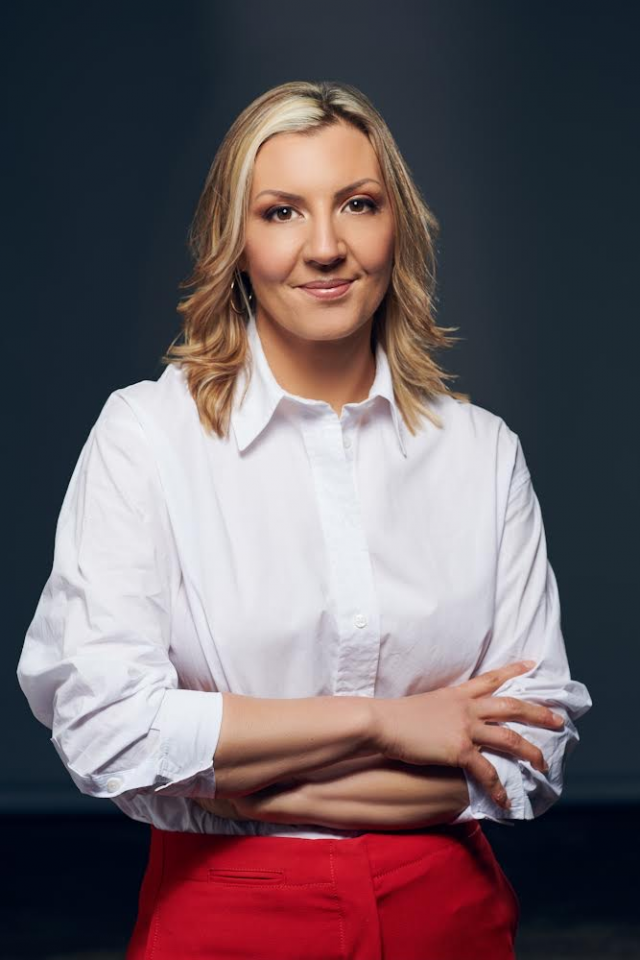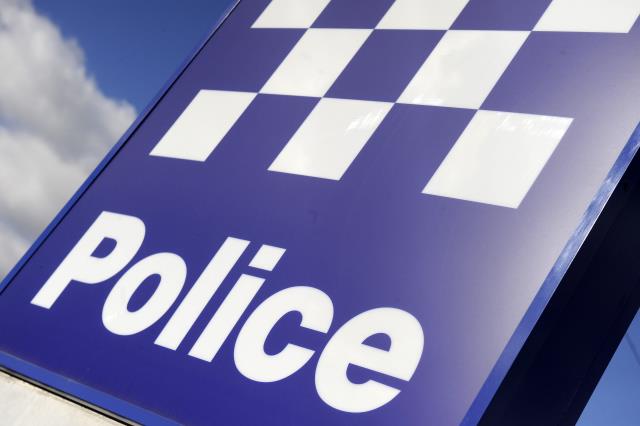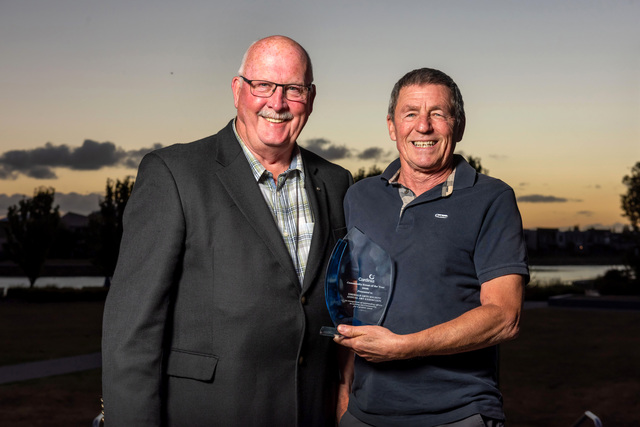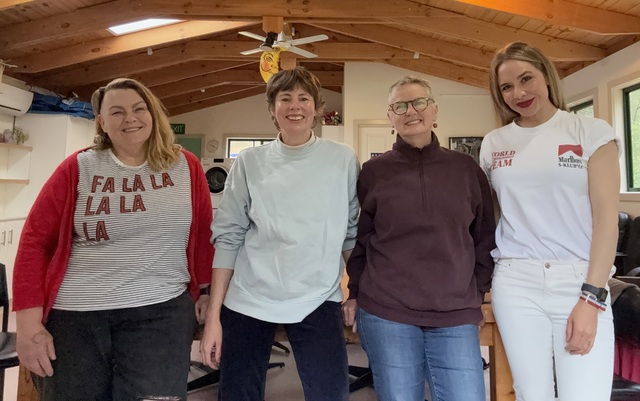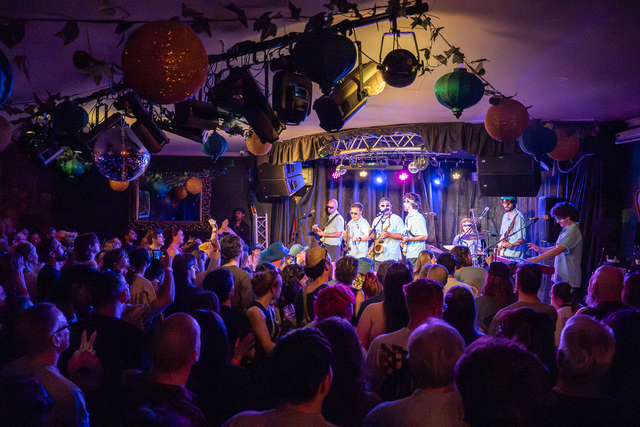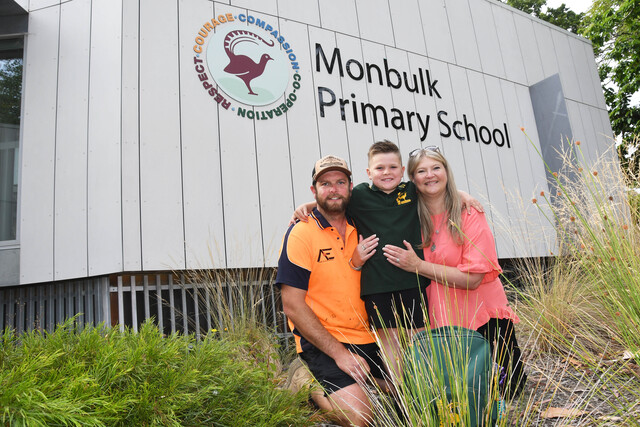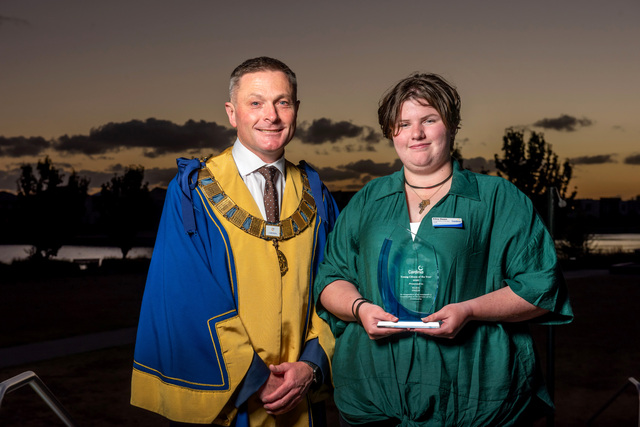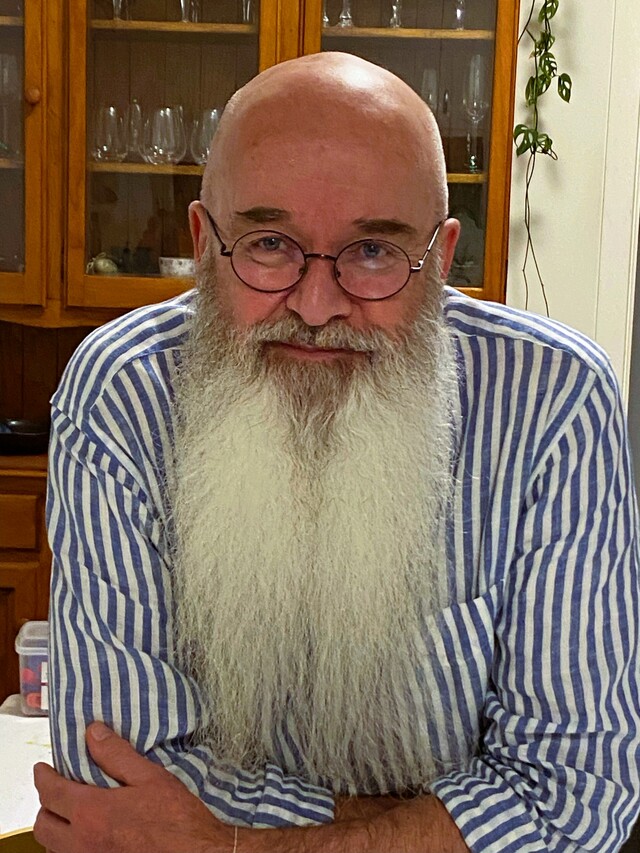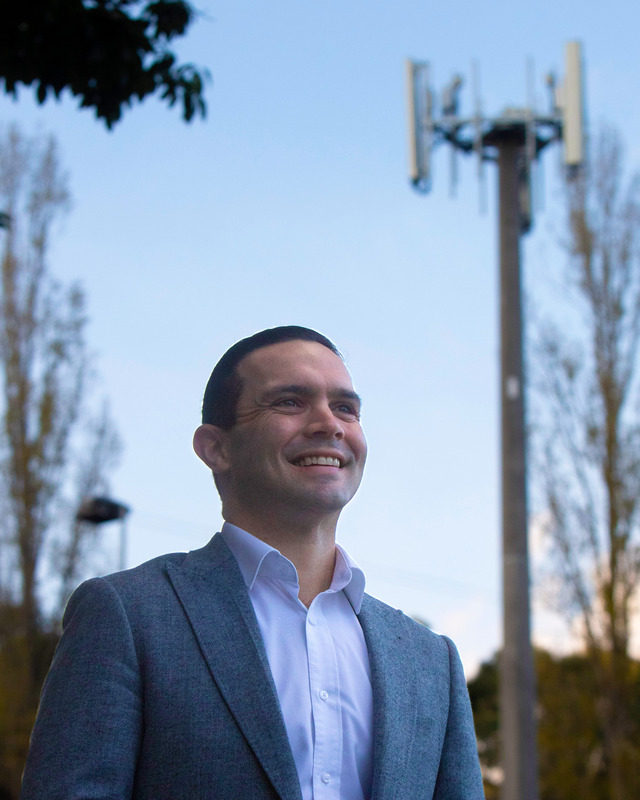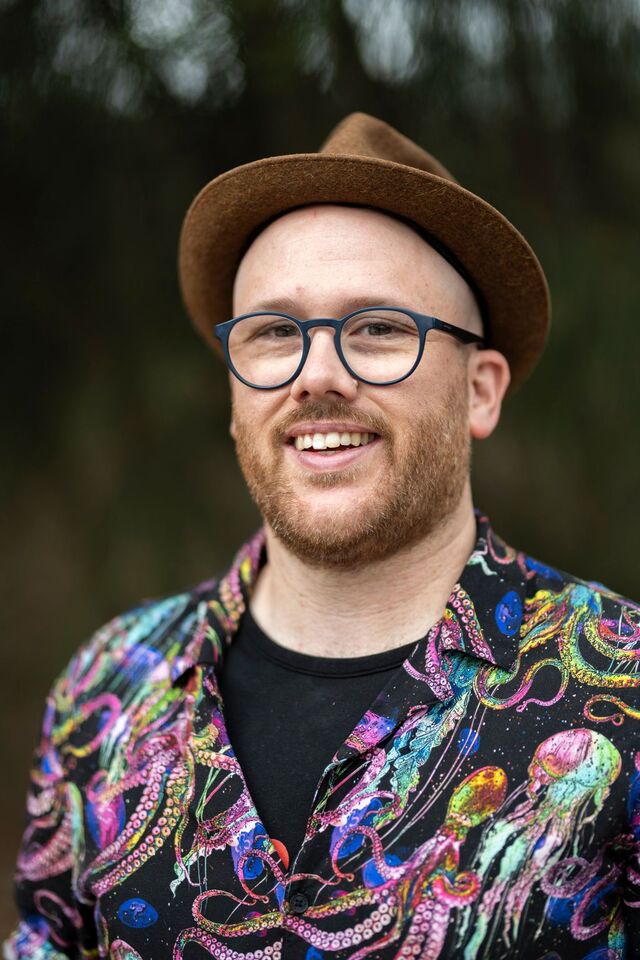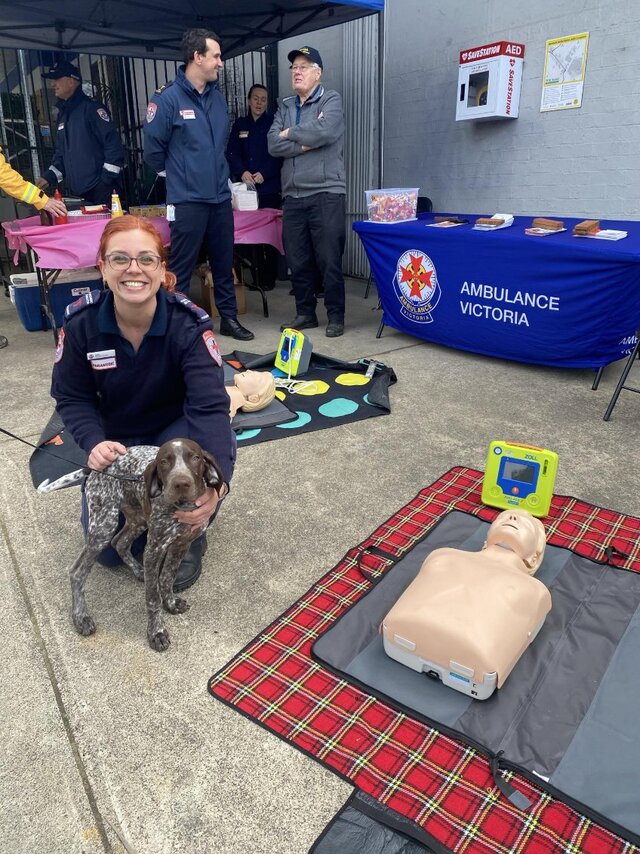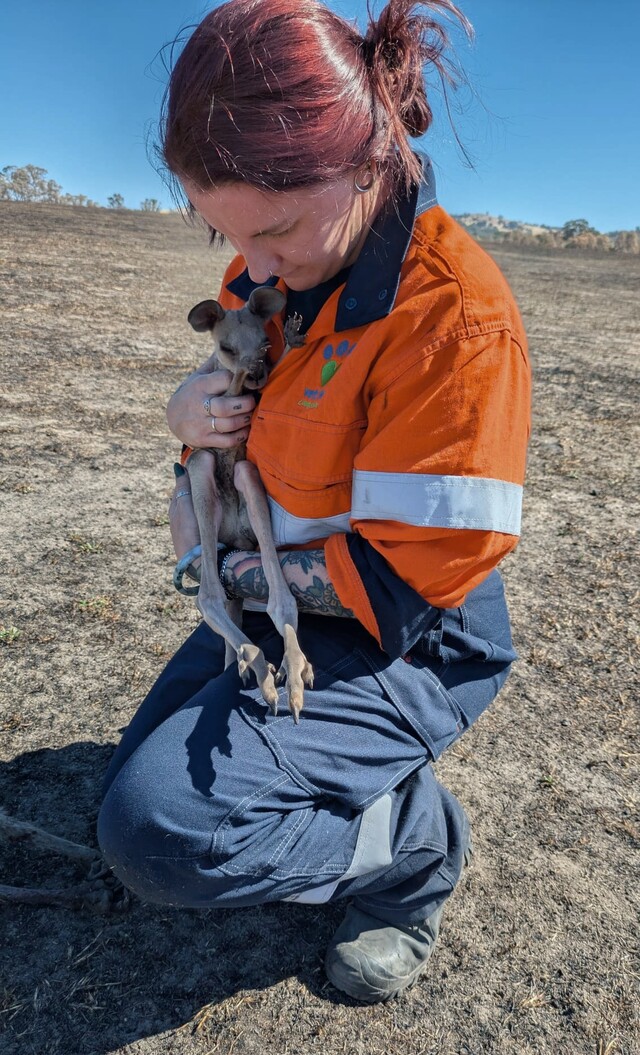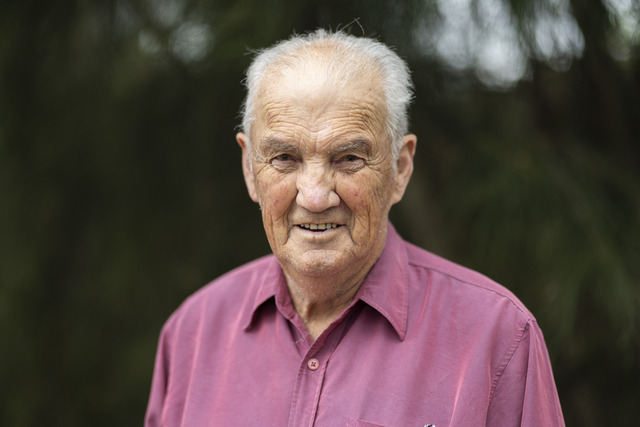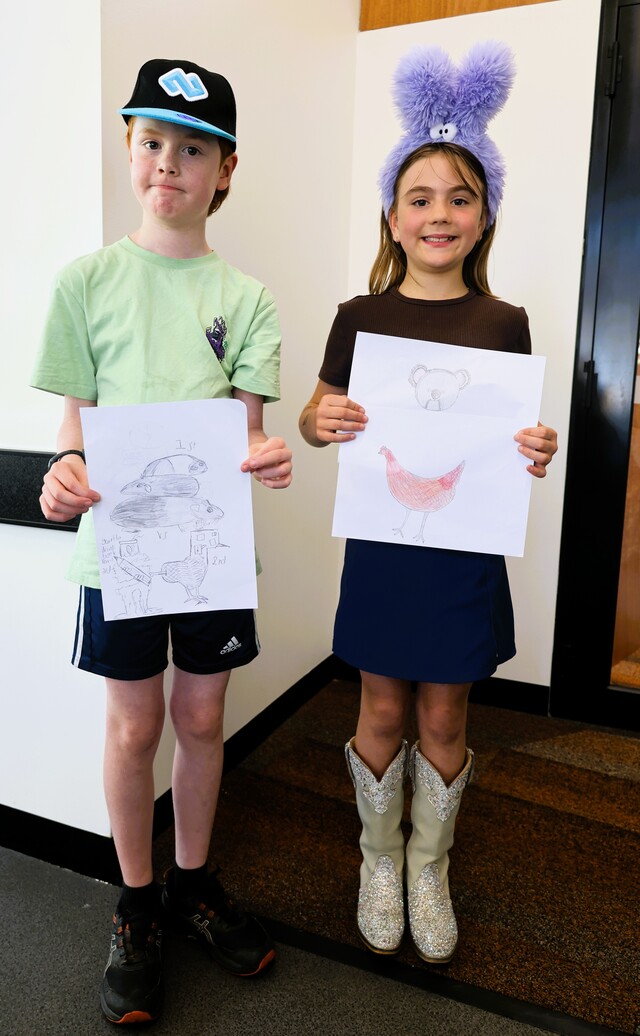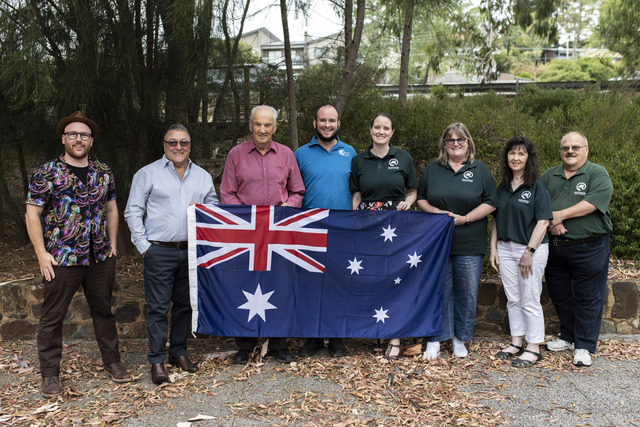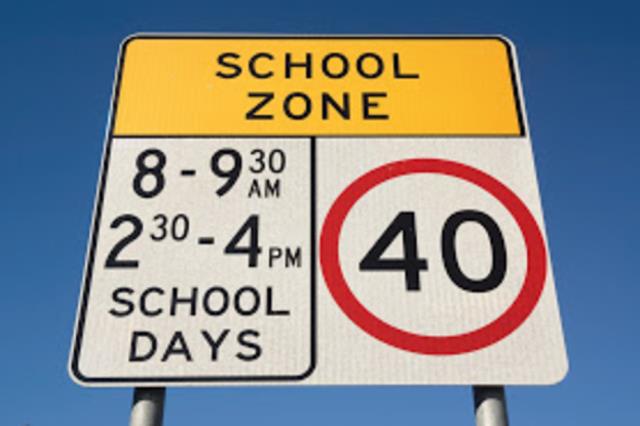“I particularly enjoyed talking to people and finding out their stories, and then you can help communicate that to a wider audience. I really liked the aspect of helping people get their message out with writing.”
Writing is often daunting, but to do so about real crimes — especially those close to home — can be challenging and perilous.
Author and podcaster Emily Webb was primarily interested in another path before she started covering true crime.
“I was a community newspaper journalist, eight years with Leader newspapers, and really loved talking to people about local stories,” she says.
“When I wrote my first book, it evolved from me following different cases and reporting on some in shorter newspaper articles.”
Now the author of several true crime books — including the recently published Surburban True Crime: Australian cases you’ll never forget and some you’ve never heard of — Webb says she starts the process by deep diving into her research wherever she can find information.
“If it’s an older case I start by looking for newspaper articles, court documents or getting in touch with people who might know about it,” she says.
“The more you find out the more threads you can keep following. It’s amazing that sometimes when you’re writing about a particular case, people pop up in the most unexpected ways.”
From suburban crimes to healthcare professionals who kill, Webb’s books have covered gruesome material which could easily become salacious or gratuitous.
“The nature of true crime is there are facts about the cases and there are things that happened right? If it’s in the context of the coverage of it and it’s within reason that’s fine, I don’t like focusing too much on what someone did to someone or even the perpetrator, I always want to know about the victim,” Webb says.
“You need to strike a balance and there is definitely more awareness about covering true crime in an ethical and sensitive way.”
She also co-hosts the Australian True Crime podcast, which complements her writing, and a solo podcast with crime fiction authors called Killer Content.
Webb says while her work hasn’t impacted her emotional or mental well-being, one piece of her writing has influenced the way she approaches people close to victims of crime.
“It was from my first book, I went and spoke to the parents of a woman called Jane Thurgood-Dove who was murdered in 1997, and she was actually shot in front of her car and in front of her children. It was a mistaken identity hit and really tragic,” she says.
“I spoke to her parents, John and Helen, and hearing the experiences of people affected by crime is heartbreaking.”
The crime remains unsolved despite police having suspects who in the years following the murder passed away, making it unlikely to ever be solved despite a $1 million reward.
Webb says she often focuses on covering obscure crimes and events which have faded from the public’s memory.
“On the Australian True Crime Podcast, we are focused on talking to people who have lived experience of crimes, whether it is family members who have been impacted or victim-survivors and also people who are involved through work like a police officer or lawyer,” she says.
“We are really attracted to getting that first-hand experience from people and going beyond the headlines. It might give people a different perspective.”
For aspiring writers, Webb says anyone interested in covering true crime needs to be aware of laws covering reporting and writing about real events.
“Because we listen to, read and watch a lot of American true crime, the rules are completely different to Australia,” she says.
“We’ve got strict laws about reporting on court cases. You need to think about why you want to do this, it’s a long game and sometimes you might be researching something for a really long time —months or sometimes years — before you are ready to write something.”
You can find out more about Emily Webb’s books and podcasts at www.emilywebbcrime.com

